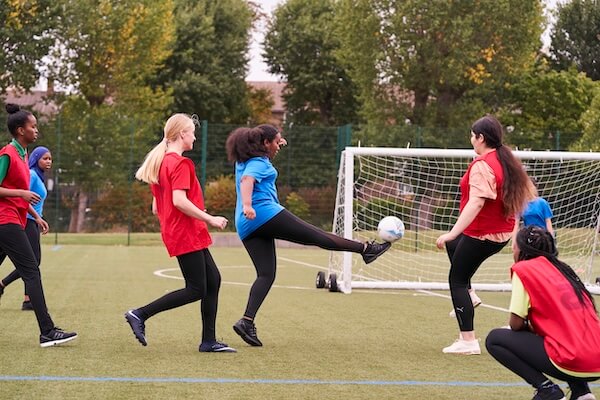
Do you need help to balance your work and personal life? Well, it turns out that hybrid work might be the answer to all your problems!
According to a recent study by the International Workplace Group (IWG), hybrid workers report better health outcomes than their remote or in-person counterparts. So, what exactly are the benefits? For starters, hybrid workers get an extra 71 hours of sleep each year compared to before the pandemic. That's right; you can finally hit that snooze button guilt-free! But wait, there's more! Hybrid workers are also dedicating more time to exercise, with an average of 4.7 hours per week, and prioritising healthy eating habits. With 70% of respondents reporting more time to prepare a healthy breakfast and over half finding time to cook intentionally nutrient-rich meals.
In addition to the health benefits, working from home can provide a good balance of spending time with family. One of the advantages of hybrid work is that it allows employees to spend more time with their loved ones while still being productive.
With hybrid work, employees can work from home and take care of their children, parents, or other family members, providing them with the care and attention they need. Parents can also take advantage of the flexibility offered by hybrid work to be present for their children's important moments, such as school performances or doctor appointments.
Furthermore, working from home eliminates the need for long commutes. This extra time can be used to engage in family activities, such as going for a walk, playing board games, or having a family movie night.
The IWG study found that 81% of hybrid workers reported having more personal time to spend with others or on their health and well-being. This suggests that hybrid work benefits not only employees but also their families.
So, if you're looking for a way to balance your work and personal life while still being productive, hybrid work might just be the solution. With its flexibility and ability to provide more time for family activities, it's no wonder more, and more employees are opting for this work arrangement.






